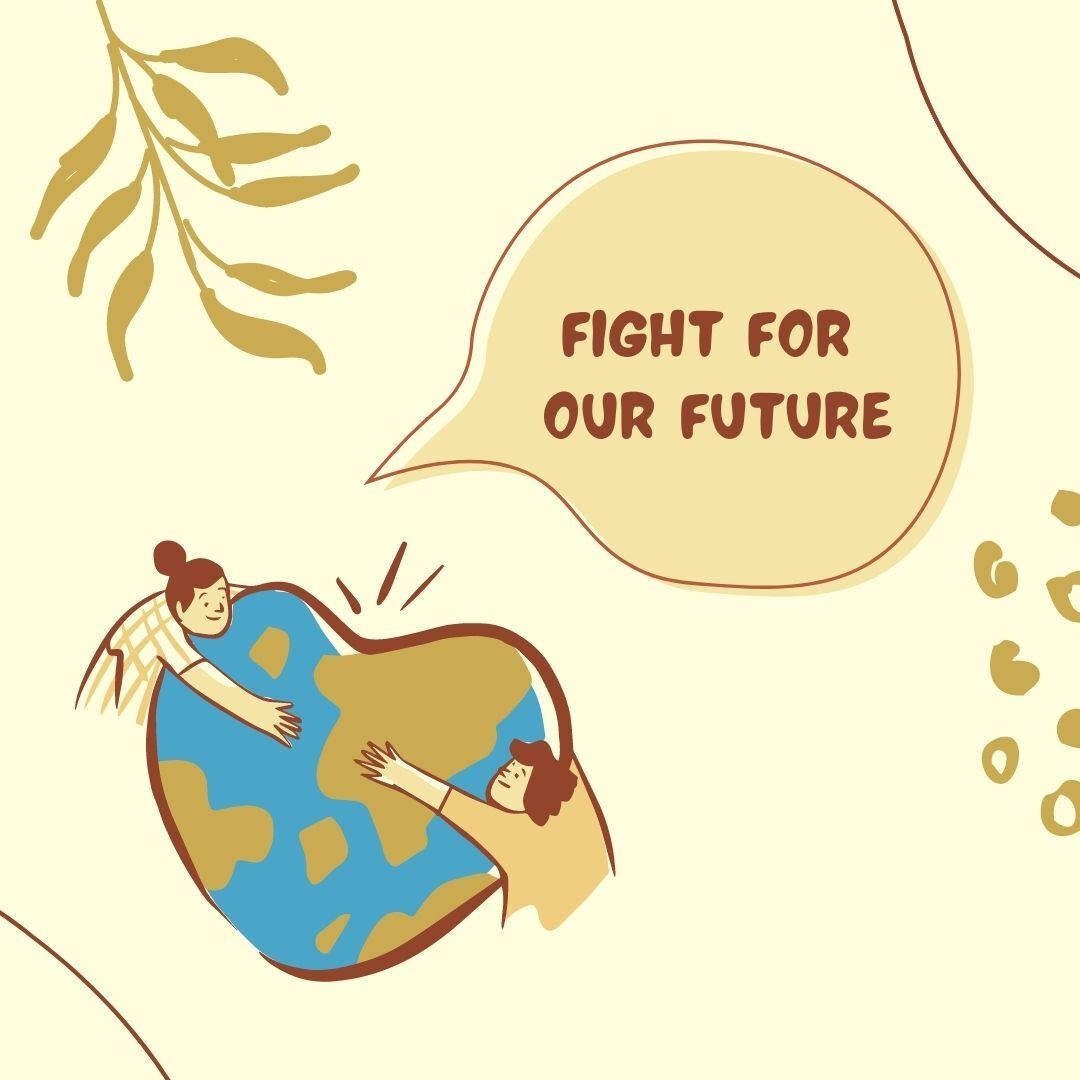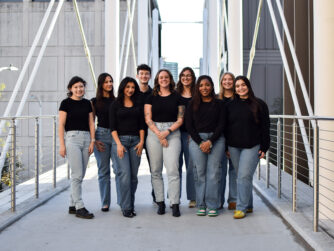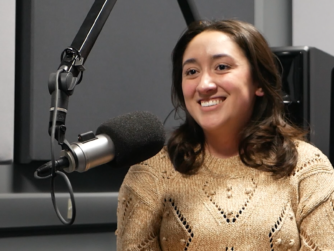I’ve been a reporter covering climate change and extreme weather in Texas for about a year now for an upcoming podcast from The Drag called “Planet Texas.” When I tell people what I do, they crinkle their foreheads and nod gravely. Older people talk about how they love Generation Z; how we’re going to change the world and save the planet. It’s a sweet thought, and although I appreciate it, I feel woefully unprepared to refute their praise or follow through on it.
People my own age react differently. That must be hard, they say. That must be depressing. Are you doing OK? Or my personal favorite, “That sucks.”
I don’t see any point in trying to pretend that we’re not in a difficult spot right now. I’m one reporter, working on one podcast, in one state. Yet, the number of people who have been impacted already by extreme weather and climate change seems infinite at times.
I talk to people who have lost all of their earthly possessions, people who have undergone unimaginable traumas, people who have changed their entire way of life to accommodate something that is completely out of their control. I sometimes find myself crying after they’ve left the recording studio, allowing myself to grieve for the five minutes that it takes to export their audio file.
Then, I leave and go about the rest of my day with the worst day of someone’s life sitting freshly opened in the front apron pocket of my brain.
So yeah, at times, it does suck.
Before I started reporting, I thought that we were headed for complete obliteration sometime within the next 30 years. It was a vague apocalyptic ideation, with flames or a flood or something like that swallowing the Earth as we cursed Joe Manchin and everyone who didn’t drive a Prius for our fates. Most importantly, it was a doomsday prediction: fixed and unchanging and far off. It wasn’t here yet.
Then, it happened all at once in February 2021 when a devastating winter storm impacted millions of people across the state. I, like many other Texans, went without power and water in freezing temperatures for several days. It got so cold in my apartment that some of my houseplants didn’t survive. There was nothing for me to do but to stay under the covers, wait for the power to come back on, and contemplate how screwed we were. However, after I had given up all hope, the lights came back on. Just a few days passed and it had already started feeling like spring again. Doomsday had come and gone and there I was, decidedly not dead.
I think, in some ways, that it’s easier to think of our future regarding climate change and environmental crises in extremes. It’s either going to be an immediate utopian revolution or it’s going to be the literal END OF THE WORLD. What I’ve learned from my own experiences and from the experiences of others is that it’s more likely that we’ll fall somewhere in between. Yes, things are going to be hard and uncomfortable; there are going to be a lot of things that we’re going to lose as our world changes. However, history has been made up of the ending of little worlds for as long as there has been someone around to record it.
If nothing else, human beings are incredible at survival and more surprisingly, at taking care of each other. Before we decide that we’ve reached the end of the world, I think it’s worth asking who benefits from us surrendering our future, because if there’s nothing to hope for, there’s nothing to fight for.









